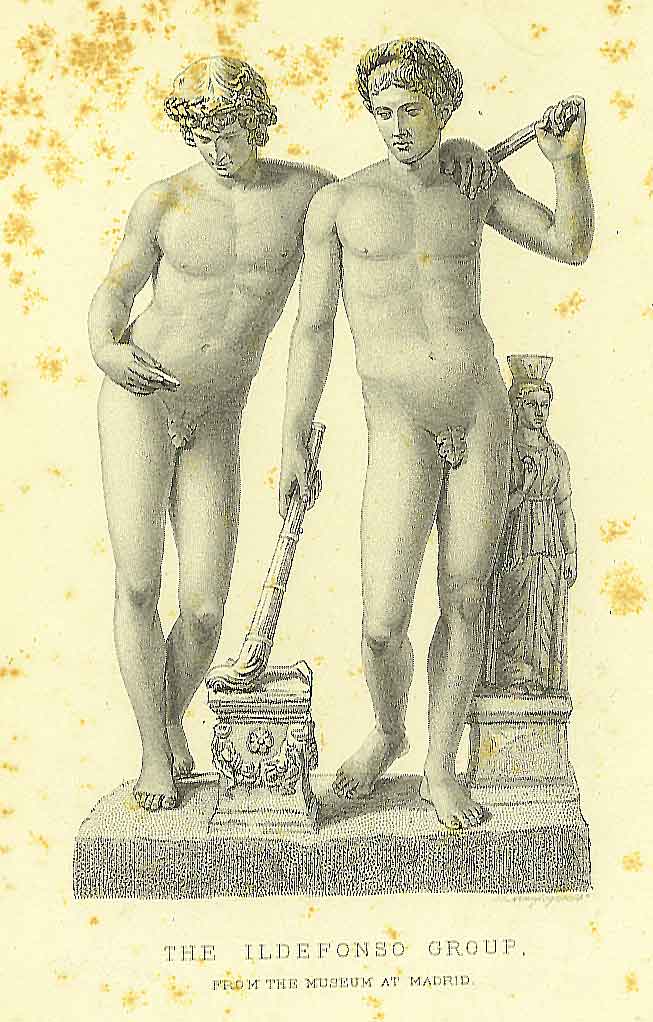Dioscuri (Castor and Pollux)
Overview
Castor and Pollux (or Polydeuces)—also known as the Dioscuri—were heroic twin brothers from Sparta. They were both sons of Leda, the queen of Sparta, though they had different fathers: Castor’s father was Leda’s husband Tyndareus, while Pollux’s father was Zeus, the king of the gods.
The Dioscuri participated in a number of important heroic exploits, including the voyage of the Argonauts and the Calydonian Boar Hunt. They also saved their sister Helen when she was abducted by the Athenian king Theseus.
One or both of the Dioscuri lost their lives in a battle with their rivals, the twins Idas and Lynceus. But Zeus granted them a qualified immortality, allowing them to alternate days between the Underworld and the heavens. As a result, the Dioscuri came to be regarded as gods throughout Greece.
Worship of the Dioscuri eventually spread to Italy and Rome, where they were known as the Castores and became identified with the constellation Gemini.
What were the Dioscuri’s attributes?
The Dioscuri were universally represented as youthful warriors, closely associated with horses. As gods, they were believed to be the patrons of sailors, to whom they appeared as St. Elmo’s fire—a glowing electric field that commonly occurs during thunderstorms.
Each of the Dioscuri had distinguishing attributes of their own as well. Castor was a great fencer, while Pollux was a champion boxer.
Roles and Powers
For the Greeks and Romans (and a few other cultures, too), the Dioscuri were not only heroes but also gods. Because of this, they were assigned important roles and powers, just like any other god.
The Dioscuri were broadly viewed as helper gods, but they were especially connected with sailors and sea travel. They were believed to appear to sailors in distress as St. Elmo’s fire—an electrical phenomenon that forms around rod-like objects (such as a ship’s mast) during thunderstorms.
Roman literature also highlighted the twins’ role as protectors of sailors. Ovid described Castor and Pollux as “stars [...] helpful to the storm-tossed bark.” Horace wrote that they had the power to pull up sunken ships from the bottom of the sea. Hyginus, meanwhile, claimed that Neptune, the principal god of the sea, had granted Castor and Pollux the power to rescue castaways.
from Avi Kapach, Dioscuri: https://mythopedia.com/topics/castor-and-polydeuces
Descendant of:
MYTHOLOGY AND THE CLASSICAL WORLD
Texts with this theme:


